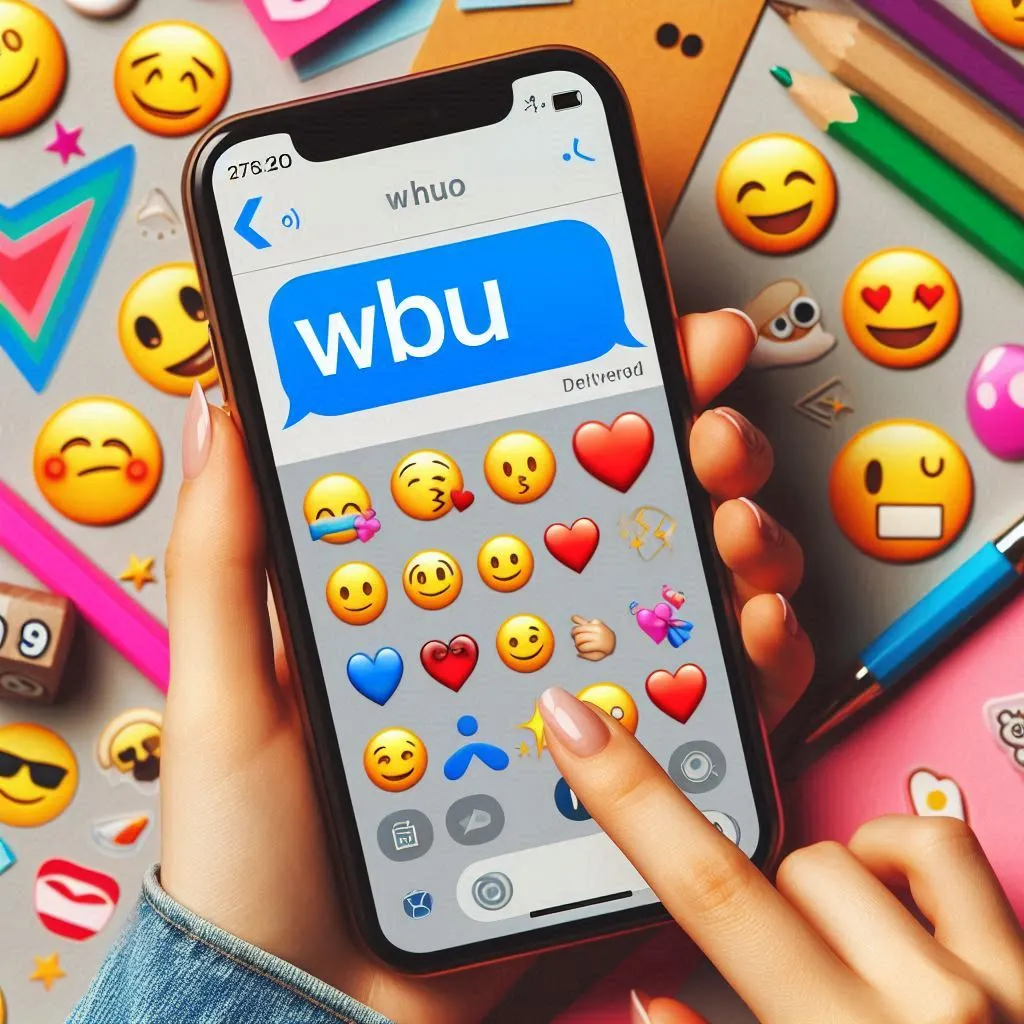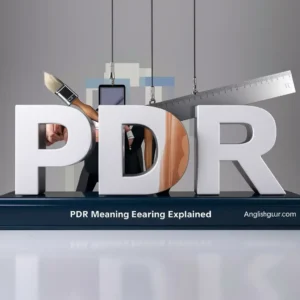In the world of texting, shorthand phrases and acronyms are commonly used to convey messages quickly and efficiently. One such phrase that you might encounter is “WBU,” which stands for “What about you?” While it’s simple, its meaning can change based on context and tone, making it important to understand the different ways this phrase can be used. In this article, we’ll explore not just the meaning of “WBU,” but also a variety of alternatives you can use in both casual and professional conversations.
What Does WBU Mean?
“WBU” is an abbreviation commonly used in casual texting and online communication. It’s a short form of the phrase “What about you?” Typically, it’s used to ask someone for their opinion, their state, or what they’re doing in a conversational context. It’s an excellent way to keep the conversation going without repeating the same question.
For example, if someone tells you about their day or their plans, you might follow up with “WBU?” to ask about their situation. It’s an informal, friendly expression used to turn the conversation back to the other person.
Examples of WBU in Text Conversations:
- Casual Context:
- Person 1: “I’m planning to go out for dinner tonight. What about you?”
- Person 2: “WBU? What are your plans for the evening?”
- Friendly Conversation:
- Person 1: “I just finished work, finally. WBU?”
- Person 2: “Just chilling at home. What about you?”
- Checking In:
- Person 1: “I’m feeling a bit under the weather today. WBU?”
- Person 2: “Sorry to hear that! I’m feeling fine, thanks for asking.”
- After Sharing News:
- Person 1: “I’ve booked my tickets for the concert next month!”
- Person 2: “Nice! WBU? Are you going to any events soon?”
Professional Alternatives to “WBU”
While “WBU” is perfect for casual exchanges, there are times when you’ll want to switch to more formal language, especially in a professional setting. Below, we’ll go over several alternatives that maintain a respectful tone and ensure clear communication in workplace conversations.
1. “How About You?”
This is a direct but polite way to ask about the other person’s situation or opinion. It works well in both semi-formal and formal settings.
Example in a work context:
- Person 1: “I’ve completed the initial draft of the report. How about you? Have you made progress on your section?”
2. “What Are Your Thoughts?”
When you’re looking for someone’s opinion, particularly in professional meetings or discussions, “What are your thoughts?” is an excellent alternative.
Example in a meeting:
- Person 1: “I think we should move forward with the proposal as discussed. What are your thoughts on it?”
3. “What’s Your Opinion?”
This is another formal alternative to “WBU,” especially when discussing professional topics and seeking constructive feedback or insights.
Example in a workplace chat:
- Person 1: “I believe we should take a different approach with the marketing strategy. What’s your opinion on this?”
4. “What Is Your Perspective?”
This phrase is perfect for professional settings where you need a more thoughtful, nuanced response.
Example in a corporate email:
- Person 1: “I’d like to know what your perspective is on the upcoming project timeline. Please share your insights.”
Casual Alternatives to WBU
In casual text conversations, it’s easy to mix things up with more relaxed alternatives to “WBU.” These options help keep conversations lively and varied.
5. “And You?”
This one is incredibly straightforward and can be used in almost any casual situation, making it a versatile alternative.
Example:
- Person 1: “I’m catching up on some TV shows today.”
- Person 2: “And you? What are you up to?”
6. “What About You, Though?”
Adding “though” makes this alternative a bit more playful, making it ideal for friendly exchanges.
Example:
- Person 1: “I’m thinking of going to the gym later today.”
- Person 2: “What about you, though? Are you planning to exercise today?”
7. “What’s Going On with You?”
This variation adds a bit of personality to the standard “WBU” and makes the conversation sound more engaging.
Example:
- Person 1: “I just got back from a weekend trip.”
- Person 2: “That sounds fun! What’s going on with you this week?”
8. “How About You, Anything New?”
If you want to show genuine interest in the other person’s life, this alternative encourages a more detailed response.
Example:
- Person 1: “I’m trying out a new recipe today.”
- Person 2: “How about you, anything new happening on your end?”
Polite Alternatives to “WBU”
Sometimes, you may need a more polite or formal way to ask the same question. Below are some suitable alternatives for professional or more respectful conversations.
9. “What Can I Do for You?”
If you’re looking to offer help, this alternative to “WBU” allows for a more service-oriented exchange.
Example in customer service:
- Customer: “I’d like to change my order.”
- Service Rep: “Of course, what can I do for you?”
10. “Is There Anything You Would Like to Share?”
This phrasing is polite and opens up the conversation in a non-pressuring way, allowing the other person to share as much or as little as they wish.
Example in a group discussion:
- Person 1: “We’ve covered everything I wanted to discuss. Is there anything you would like to share?”
Understanding the Tone: When to Use Each Alternative
Choosing the right alternative to “WBU” depends largely on the tone of the conversation, the relationship you have with the person, and the context in which you’re communicating. Here’s a quick guide to help you determine the best choice:
- Casual Settings: Use alternatives like “And You?” or “What About You, Though?” for a lighthearted or friendly tone.
- Professional Settings: Choose alternatives like “How About You?” or “What’s Your Perspective?” when you need to maintain professionalism without being overly formal.
- Polite Settings: If you’re speaking with someone you don’t know well or want to show respect, consider using “What Can I Do for You?” or “Is There Anything You Would Like to Share?”
Conclusion
In conclusion, understanding the meaning and usage of “WBU” is crucial for effectively communicating in various contexts. Whether you’re sending a casual text to a friend or writing a formal email to a colleague, it’s important to select the right alternative based on the tone and setting of the conversation. By incorporating the alternatives mentioned above, you’ll be able to engage in meaningful and appropriate conversations, no matter the situation.





